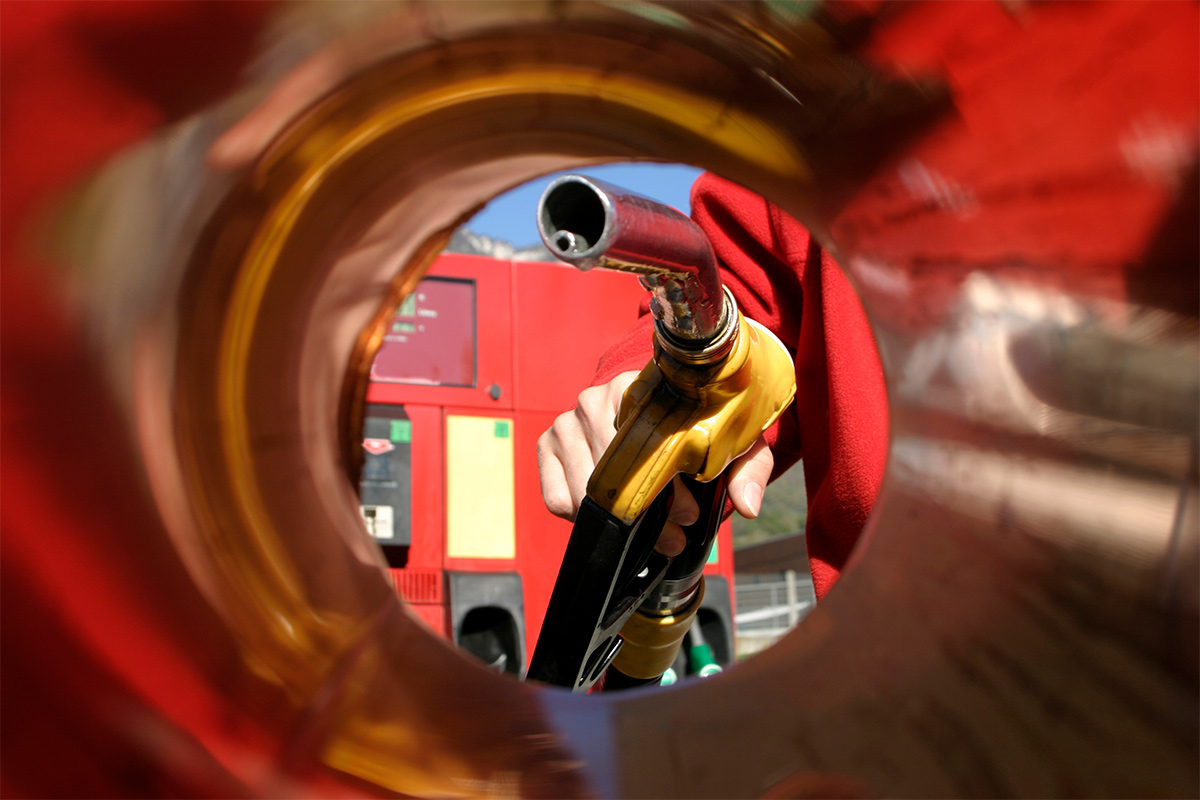Energy Strain
The escalation in American sanctions on Russian oil producers and vessels presents a significant challenge for India’s energy landscape.
Petrol prices in Mumbai inched closer to Rs 100 as its retail prices now are Rs 94.12 a litre. Diesel is also the most expensive in Mumbai at Rs 84.63 a litre.

Central and state taxes make up for over 61 per cent of the retail selling price of petrol and about 56 per cent of diesel. (Photo: iStock)
Indian oil marketing companies again raised the automobile fuel prices on Wednesday, taking the rates to new highs on the back of surge in global crude oil prices.
Brent crude oil price on Wednesday rose above $61 per barrel, highest in just over a year, led by the by supply cuts among key producers and hopes for another economic stimulus measures in the US.
Advertisement
On Wednesday, petrol and diesel in the national capital were increased by 30 paise and diesel by 25 paise per litre respectively. This means petrol was at Rs 87.60 and per litre diesel at Rs 77.73 a litre respectively.
Advertisement
Petrol prices increased from 26-29 paise per litre and diesel by 24-27 paise per litre across the country, depending on local taxes levied on the two petroleum products.
Petrol prices in Mumbai inched closer to Rs 100 as its retail prices now are Rs 94.12 a litre. Diesel is also the most expensive in Mumbai at Rs 84.63 a litre.
Similarly, petrol in Chennai and Kolkata was at Rs 89.96 a litre and Rs 88.92 per litre respectively.
Diesel in these cities was also raised to Rs 82.90 per litre in Chennai and Rs 81.31 a litre in Kolkata.
The current price rise is largely on account of steep increase in central taxes of petrol and diesel and firm crude prices. The Budget has also imposed a new agriculture infrastructure and development cess.
Central and state taxes make up for over 61 per cent of the retail selling price of petrol and about 56 per cent of diesel.
Fuel rates had gone up by 30 paise per litre each on Tuesday.
So far this year, prices have risen by Rs 3.89 per litre in case of petrol and by Rs 3.86 on diesel.
Oil companies executives said that petrol and diesel prices may increase further in the coming days as retail prices may have to be balanced in line with global developments to prevent OMCs from making losses on the sale of auto fuels.
Advertisement